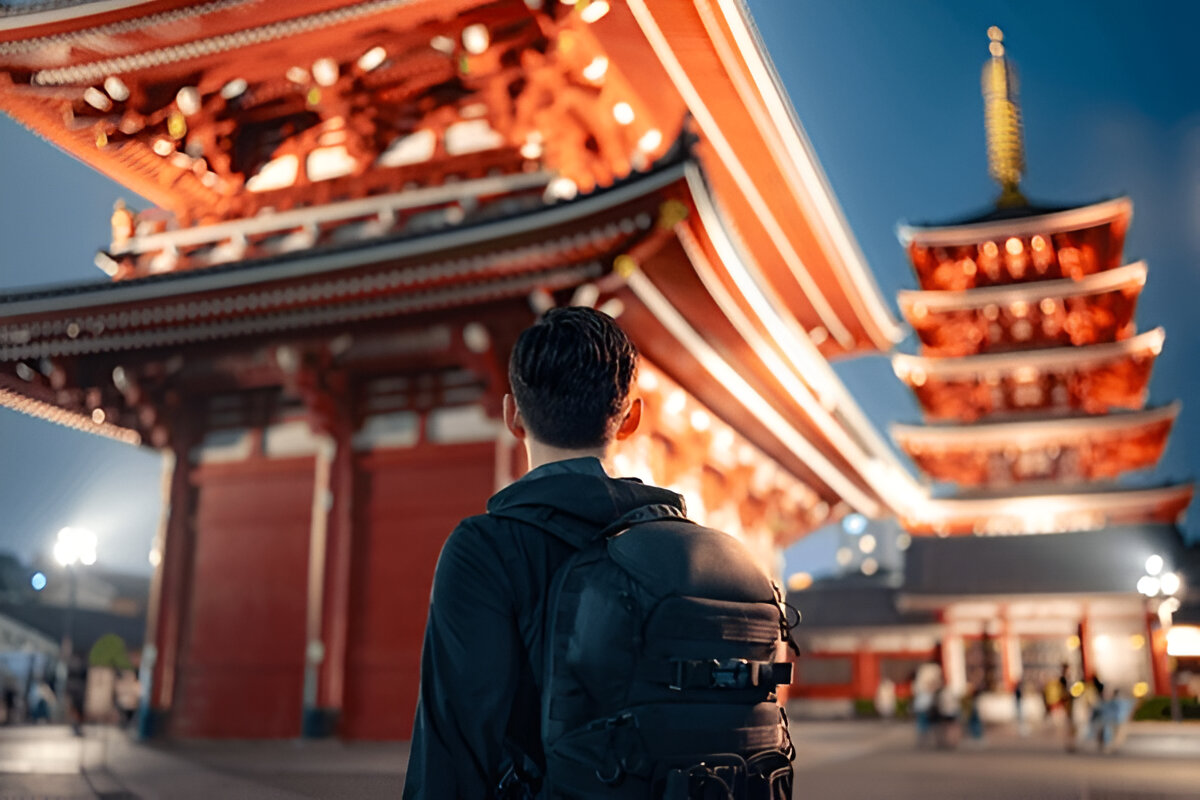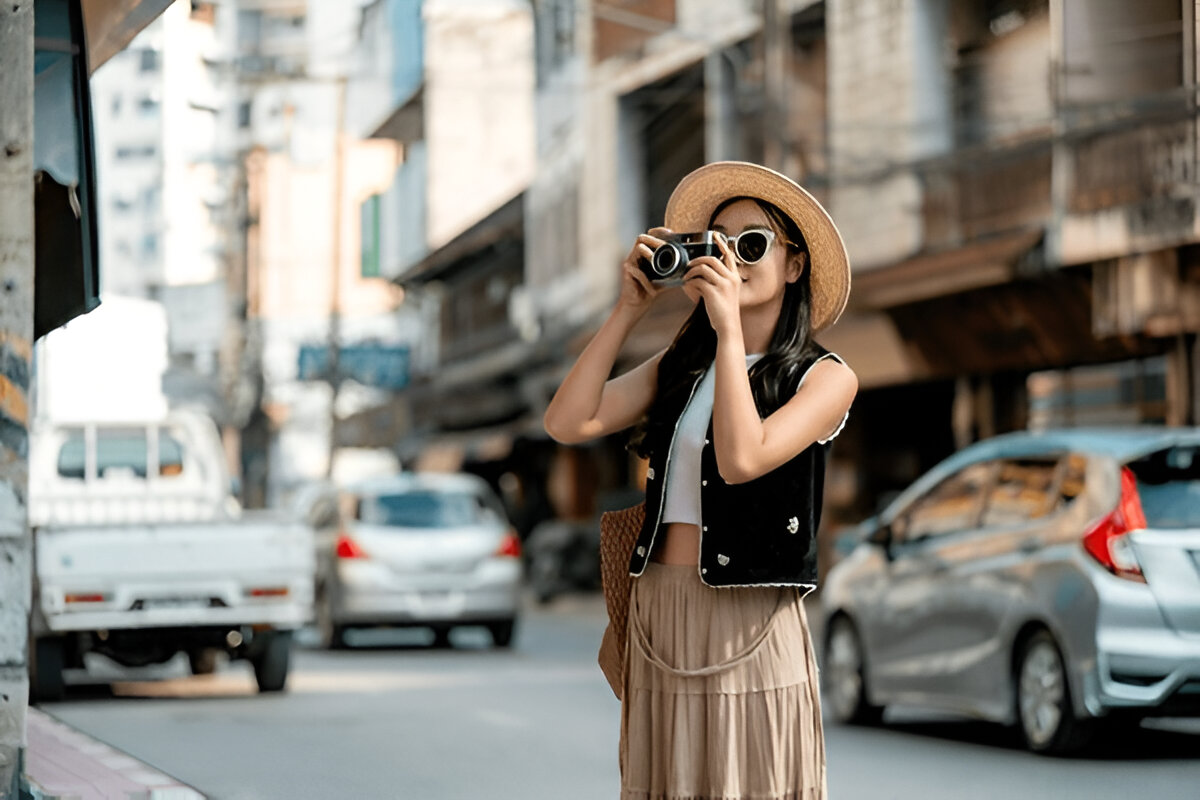
Authentic cultural experiences don’t require a luxury travel budget. Some of the most meaningful connections with local communities happen when you step away from expensive tourist attractions and embrace budget-friendly alternatives that locals actually use and enjoy.
The key lies in shifting your mindset from consuming culture as a tourist to participating in it as a temporary community member. When you travel this way, you’ll often find that budget constraints actually enhance rather than limit your cultural experiences.
Stay Where Locals Live

Your accommodation choice dramatically impacts both your budget and cultural immersion. Skip the international hotel chains and opt for alternatives that put you in direct contact with local communities.
Homestays and Guesthouses
Family-run guesthouses offer unbeatable value while providing authentic insights into daily life. Hosts often share meals, recommend hidden local spots, and explain cultural nuances you’d never learn from guidebooks. Platforms like Airbnb, Agoda, and local booking sites connect you with these opportunities at a fraction of hotel costs.
Hostels in Local Neighbourhoods
Choose hostels located in residential areas rather than tourist districts. You’ll pay less for accommodation while staying in neighbourhoods where locals actually live, work, and socialise. This positioning naturally leads to authentic interactions during your daily activities.
Work Exchanges
Programs like Workaway, WWOOF, and HelpX let you trade a few hours of daily work for free accommodation and meals. These arrangements often place you directly within local families or community projects, creating deep cultural connections impossible to achieve through traditional tourism.
Eat Like a Local Without Overspending
Food offers one of the most direct paths to cultural understanding, and street food, local markets, and neighborhood eateries provide the most authentic experiences at the lowest prices.
Street Food and Market Stalls
Street vendors serve the same customers every day—locals who know quality and value. Follow the crowds to popular stalls, and don’t hesitate to ask vendors for recommendations. Many street food meals cost less than a coffee in tourist areas while delivering flavours that represent true regional cuisine.
Local Markets and Self-Catering
Shopping at local markets provides cultural immersion while keeping food costs minimal. Interact with vendors, learn about local ingredients, and prepare simple meals using regional products. This approach works especially well when staying in accommodations with kitchen access.
Lunch Specials and Local Timing
Eat when locals eat. Many restaurants offer substantial lunch specials at a fraction of dinner prices, and eating at local meal times often means better service, fresher food, and a more authentic atmosphere. Ask your accommodation hosts about popular neighbourhood lunch spots.
Discover Free and Low-Cost Cultural Activities
The richest cultural experiences often cost nothing but time and curiosity. Local communities offer numerous ways to participate in authentic cultural life without entrance fees or tour prices.
Religious and Community Festivals
Local festivals, religious celebrations, and community events welcome respectful visitors and showcase authentic cultural traditions. Check community bulletin boards, ask locals, and research regional calendar events. These gatherings offer unfiltered glimpses into local values, traditions, and social structures.
Free Walking Tours and Local Guides
Many cities offer free walking tours operated by local enthusiasts who share their neighbourhoods out of genuine pride. While these tours typically work on a tips-only basis, they cost significantly less than commercial alternatives while providing insider perspectives.
Public Spaces and Community Centres
Parks, plazas, community centres, and libraries serve as cultural hubs where locals gather naturally. Spending time in these spaces—reading, people-watching, or joining pickup games—provides organic opportunities for cultural exchange and observation.
Connect Through Language and Learning
Cultural immersion accelerates when you can communicate, even at a basic level, with local communities. Language learning doesn’t require expensive courses when you’re surrounded by native speakers.
Language Exchange Meetups
Many cities host regular language exchange events where locals practice foreign languages with travelers. These gatherings provide structured opportunities for cultural exchange while helping both parties improve their communication skills.
Local Classes and Workshops
Community centers, cultural organizations, and artisan workshops often offer affordable classes in traditional crafts, cooking, dance, or music. These activities provide hands-on cultural learning while supporting local instructors and preserving traditional skills.
Volunteer Opportunities
Short-term volunteering connects you with local organizations working on community issues. Whether teaching English, participating in environmental projects, or helping with community events, volunteering creates meaningful cultural connections while contributing positively to your destination.
Transportation as Cultural Experience
How you move through a destination significantly impacts your cultural exposure and travel costs. Local transportation methods offer both savings and authentic experiences.
Public Transportation Systems
Buses, trains, and local transit systems cost a fraction of tourist transportation while placing you alongside locals during their daily routines. Learn the system, observe social interactions, and use travel time for spontaneous conversations.
Walking and Cycling
The slowest transportation methods often provide the richest cultural observations. Walking through neighborhoods, along local markets, and past community gathering spots reveals details invisible from vehicle windows. Many cities offer affordable bike rental or bike-sharing systems that expand your exploration range while maintaining ground-level cultural contact.
Regional Transportation
Long-distance buses, regional trains, and shared transportation connect you with locals traveling between cities and rural areas. These journeys often involve extended conversations, shared meals, and invitations to visit family or community events in other locations.
Smart Planning for Maximum Cultural Value
Strategic planning maximizes your cultural experiences while minimizing costs. Focus your resources on activities and locations that provide the highest cultural value per dollar spent.
Research Local Costs and Customs
Understanding local price structures helps you identify genuine bargains versus tourist traps. Research typical costs for local services, traditional tipping practices, and cultural expectations around money and negotiation.
Travel During Off-Peak Times
Shoulder season and off-peak travel offer multiple advantages: lower accommodation costs, fewer crowds at cultural sites, and more attention from locals who have more time for genuine interactions when tourist demand is lower.
Connect with Local Communities Online
Social media groups, local Facebook communities, and city-specific forums provide insider information about upcoming events, cultural activities, and local recommendations. Building these connections before arrival helps you hit the ground running with authentic cultural opportunities.
Making Your Budget Stretch Further

Cultural travel doesn’t end when your initial budget runs low. Several strategies help extend your travel time while maintaining rich cultural experiences.
Slow Travel Approach
Staying longer in fewer places reduces transportation costs while allowing deeper cultural immersion. Weekly or monthly accommodation rates often provide substantial savings, and extended stays naturally lead to more meaningful local relationships.
Earn While You Travel
Teaching languages, offering photography services, or working in hostels can supplement your budget while creating additional cultural exchange opportunities. Many travelers find that working locally provides insights into work culture and professional relationships impossible to gain as a tourist.
Seasonal Work Opportunities
Agricultural seasons, festival periods, and holiday rushes create temporary work opportunities that combine cultural immersion with income generation. These experiences often include accommodation and meals while providing intensive cultural exposure.
Start Your Cultural Journey Today
Budget constraints shouldn’t prevent meaningful cultural travel experiences. The strategies outlined here demonstrate that authentic cultural immersion often costs less than traditional tourism while providing more valuable and memorable experiences.
Begin by researching one destination that interests you, focusing on local accommodation options and community events rather than tourist attractions. Connect with local communities online, learn basic language phrases, and plan your first budget cultural adventure.
Remember that the goal isn’t just to save money—it’s to travel in a way that creates genuine connections with local communities while respecting cultural differences and contributing positively to the places you visit.




Leave a Reply